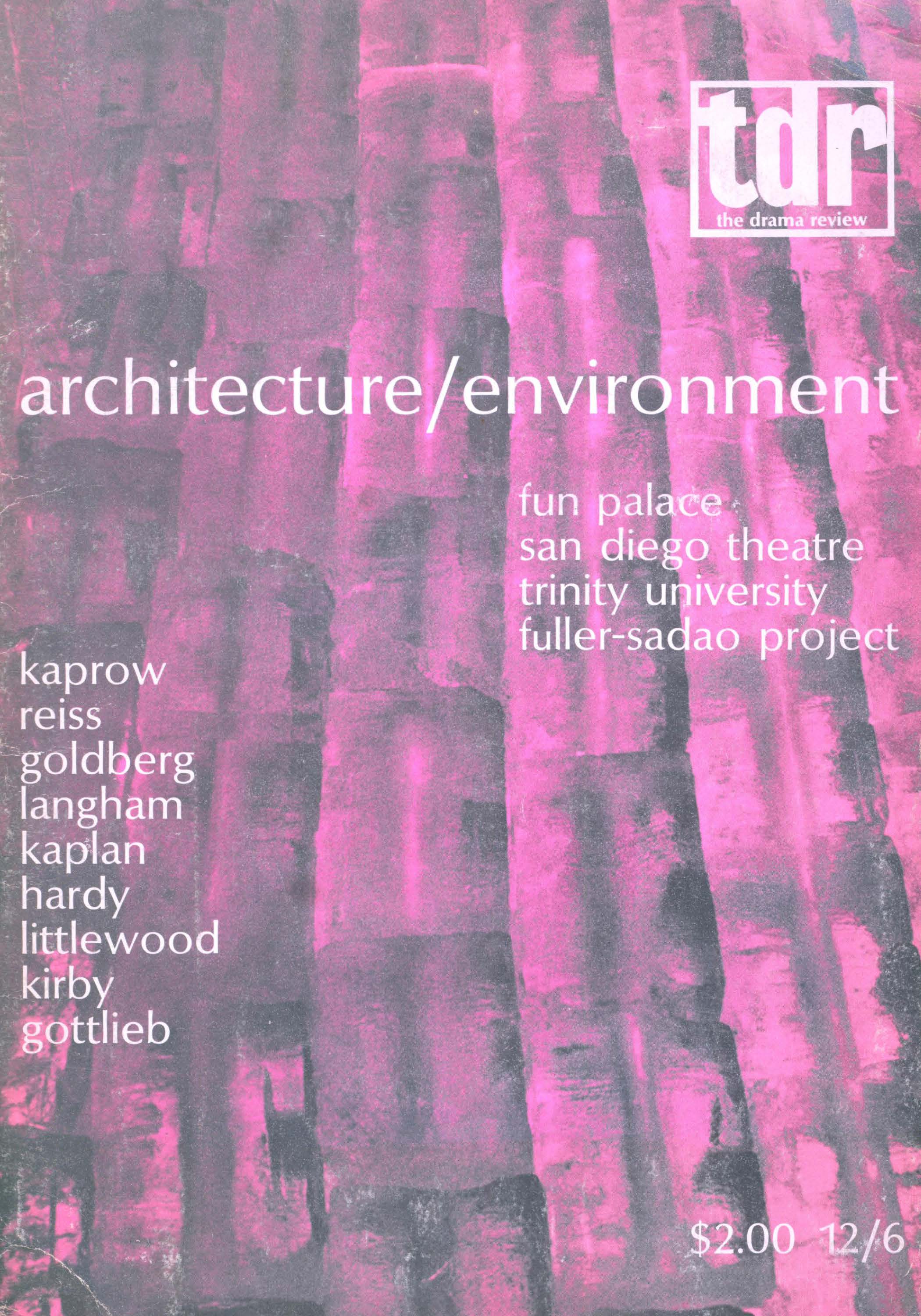Article contents
Extract
The appeal made to an audience by a theatre piece has always seemed to me primarily visceral. Even in periods of elevated verbal device and stringent academic rule, the spectator's real impulse was toward the flesh and blood. In an era when this impulse is obstructed by production techniques, habits of delivery, and domination by theme and character, a concrete, approachable personality still persists. Especially now, when we aren't in a context of observed tradition and literacy, we find this personality—a compound of the audience's desires for fiction, for fantasy situations, for the offertories of individual performers. It can control, gratify, outrage, and exhaust an audience in much the same way that any other publicly-met personality touches our private needs, our unacknowledged inhibitions, our unconscious animosities and loves. As long as its actors appear alive, the theatre can avoid the static existence of a thing and retain vitality.
- Type
- Research Article
- Information
- Copyright
- Copyright © 1969 The Drama Review
- 2
- Cited by


